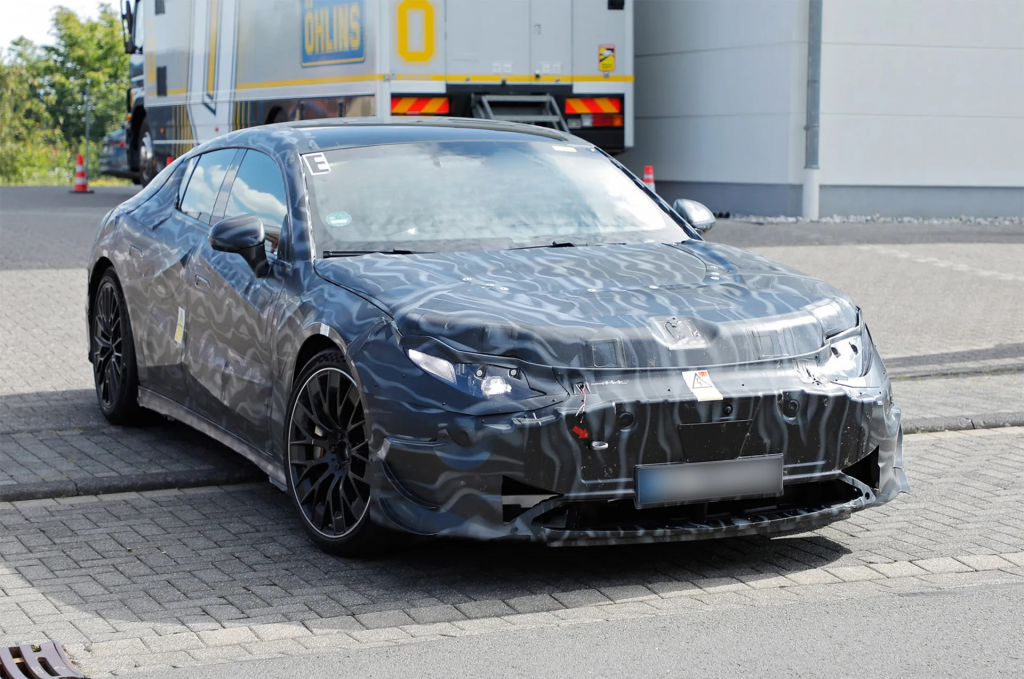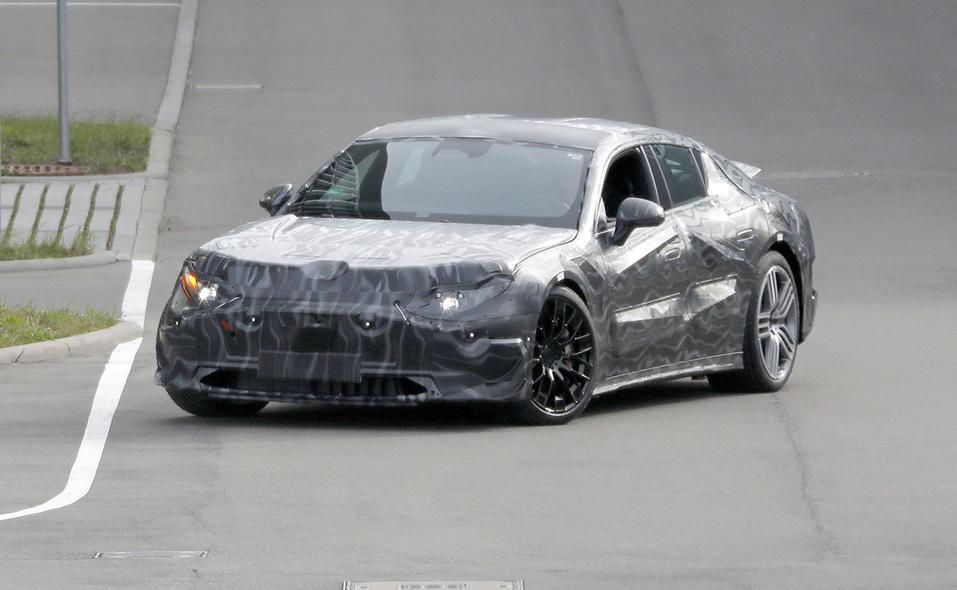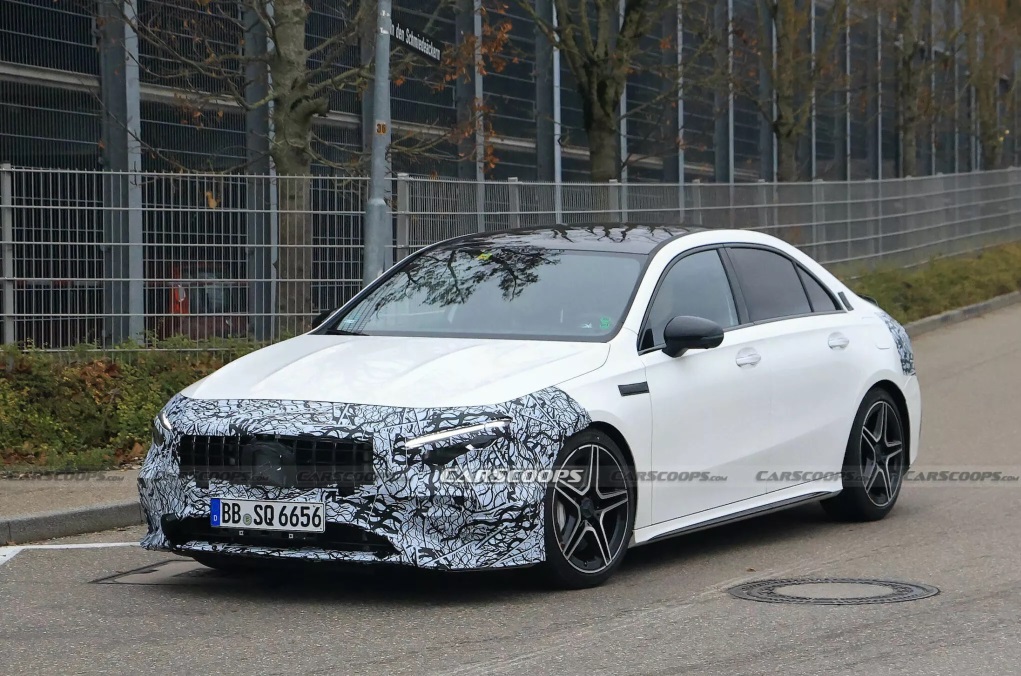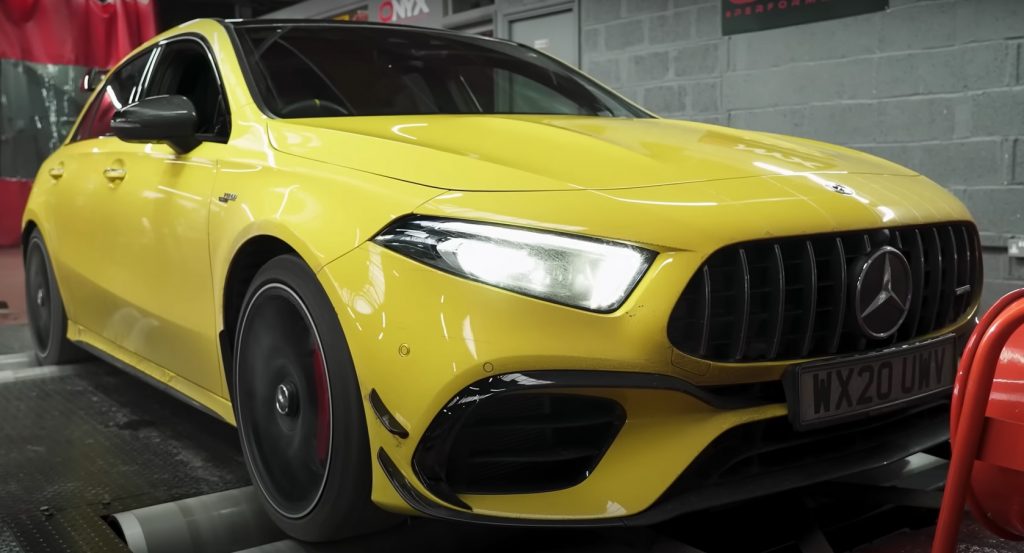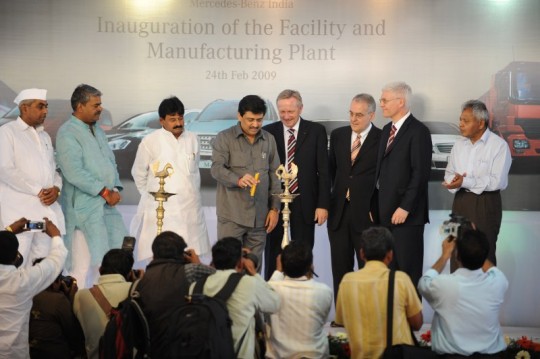
Mercedes-Benz India today formally inaugurated its new manufacturing plant in Chakan, Pune. The new facility was completed within 13 months from the start of construction – among the fastest green-field projects to be created. With an area of 100 acres of land and independent assembly facilities for passenger cars and commercial vehicles, the infrastructure was created to address future expansion needs, underscoring the long-term growth plans of the company in India.
Dr. Joachim Schmidt, Chairman of the Board, Mercedes-Benz India: “A strong brand, committed employees, strong after-sales service network. A growing market, increasing demand and exciting products: these are the ingredients of Mercedes-Benz’ India story. And it all happens here – at the new home of Mercedes-Benz in India.”
Quality has all along been the strength of Mercedes-Benz India, and the new plant is set to take this success story even further. It successfully passed all quality gates within the first month of shifting production, and features some of the most advanced equipment available worldwide. While the plant was designed to manufacture the current local-production portfolio of the Mercedes-Benz C-, E-, and S-Class, it is also flexible enough to accommodate additional production of other models from the Mercedes-Benz model range on the same assembly line, if required by future market demand.
Prof. Dr. Eberhard Haller, Director of the Board, Mercedes-Benz India: “As the Plant Manager of the largest Mercedes-Benz plant in Sindelfingen, Germany, I am impressed by the flexibility and the potential for expansion of this facility. It was created with a long-term perspective in mind, and I am sure that we will see many new products roll off the assembly line – both from the passenger car and the commercial vehicle segments.”
Dr. Wilfried Aulbur, Managing Director and CEO, Mercedes-Benz India, added: “Over the years we have grown – and from the 600 units back in 1999, we sold 3,600 units in 2008, with growth doubling consistently in the last three years. I am convinced that this facility marks the beginning of a new era for the company in India – and today is a red-letter day for us all”.
As a responsible corporate citizen, Mercedes-Benz India has engaged in socially focused initiatives as well. Jobs in agriculture, eco-friendly mobility and wasteland recovery – these are the three points that the Jatropha biodiesel project focuses upon. The Mobile Kids road safety program and the Automotive Mechatronics program focus upon teaching and education to create citizens of a better tomorrow. The company is also helping disadvantaged children with scholarships and aid to help them continue basic and further education. Its association with NGO Cleft is also extending surgical and medical aid and assistance to disadvantaged families in Gujarat and Maharashtra. On this occasion, Mercedes-Benz India also announced its support towards re-building classrooms and providing assistance towards better facilities for students of a school in Chakan.
Mercedes-Benz has a long history of involvement with the country. Its first association in 1954 was a collaboration with Tata Motors for the production of trucks; subsequently it also cooperated with Force Motors in 1969. It was then the first luxury carmaker to set up local production on Indian soil in 1995. A year later, the Mercedes-Benz Research and Development unit was established in Bangalore. The Daimler group’s procurement organization has also been active since 1998 and is the local partner for Indian entrepreneurs and industries who offer their products and services to the company worldwide.




